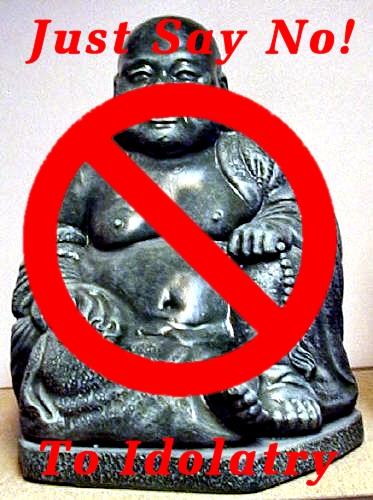



LastSuperpower blog
There have been some recent additions of interest in the Australian section of the Encyclopedia of Anti-Revisionism On-Line.
The material was written by members of the Red Eureka Movement a Marxist-Leninist group from the late 1970s and early 1980s.
The entire encyclopedia deserves lengthy visits by anyone trying to make sense of the 20th century communist movement. This would include anyone planning to be part of some future 21st century communist movement.
The REM material is arguably the best place to start. It is generally more readable and insightful. This leaflet is good appetizer
The material represents a rebellion against nonsense that had become entrenched because of groupthink, lack of discussion, blind acceptance of decisions from the top with minimum of thought and the demonizing of opponents.
The REM material includes some important articles on foreign policy and also a range of articles critiquing the ‘left’s’ economic illiteracy.
While you are checking out the Encyclopedia don’t forget to go here to see what what Mao and the Chinese Communist Party were saying during the 1960s and 70s about the Soviet Union and the threat of capitalist restoration under socialism.
If the world economy gets stuck in a serious and prolonged slump, the most likely response by governments is to do nothing useful. This is because the only effective action is for governments around the world to take over ownership of large chunks of their economies’ productive assets. This ownership would give them control over a lot of spending decisions and therefore the potential to restore effective demand to levels that would get the economy moving again. Of course, it is hard to imagine governments adopting such a policy unless there is a really big change in the political landscape.
A lot of government ownership could be achieved with a fairly minimum amount of fuss by hitting the very rich. They could be slugged with a 100 per cent tax on any wealth that made them more than just very affluent. My hunch is that the cut off would be somewhere around $10 million. Paying this tax would not require the liquidation of financial assets such as shares and bonds. They would simply be handed over.
I am not sure how much government ownership would be achieved in this way. I suspect not enough. So what could they do next? Extending the wealth tax to the large number of people who are merely very affluent would cause far too much political resistance and would require the government to take over a lot of small and medium sized businesses. This problem could be avoided while greatly increasing government ownership and control if all shares in large public and private firms that have not been seized by the wealth tax were compulsorily exchanged for government bonds. In this way wealth is not confiscated, it is simply put in a form where it cannot cause quite so much mischief.
The government would then have considerable control of the financial sector. It would own the banks and all shares in large companies. To minimize the hassle involved and to quarantine them from political machinations the government could assign these shares to existing or newly formed investment houses. These firms would function much as they do now, except that they would be instructed by their new owner to invest on the assumption that the economy was taking off again. Likewise, companies would be instructed to utilize existing capacity on that assumption. All this activity would then create a self-fulfilling prophecy.
Through these institutions the government could also act as so-called investment angels and venture capitalists, indeed more vigorously than the present lot. They would take a stake in small private entrepreneurial startups and prepare them for the big takeover just like now.
Everything could then just chug along pretty much like the world as we know it. Businesses would continue to be driven by senior executives on high profit based salaries. And I think the government owned investment funds would be fairly effective vehicles for market discipline because their success and failure would show up clearly in their bottom line. (Am I missing anything free-marketeers?)
OK we have got rid of the super-rich and eliminated the business cycle. That’s pretty good. However, I suspect a society which has just stripped the rich of their wealth, would be up for more than simply replacing them with government-owned capitalism.
Recent Comments